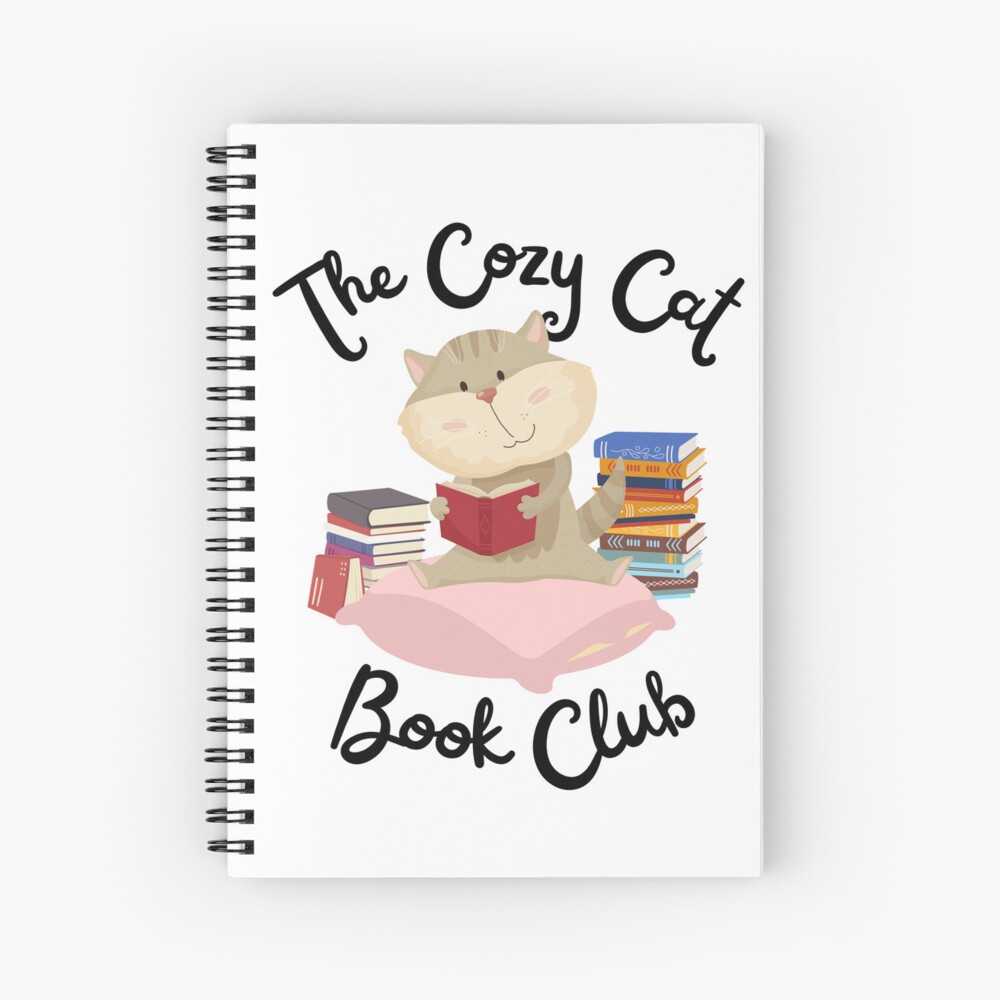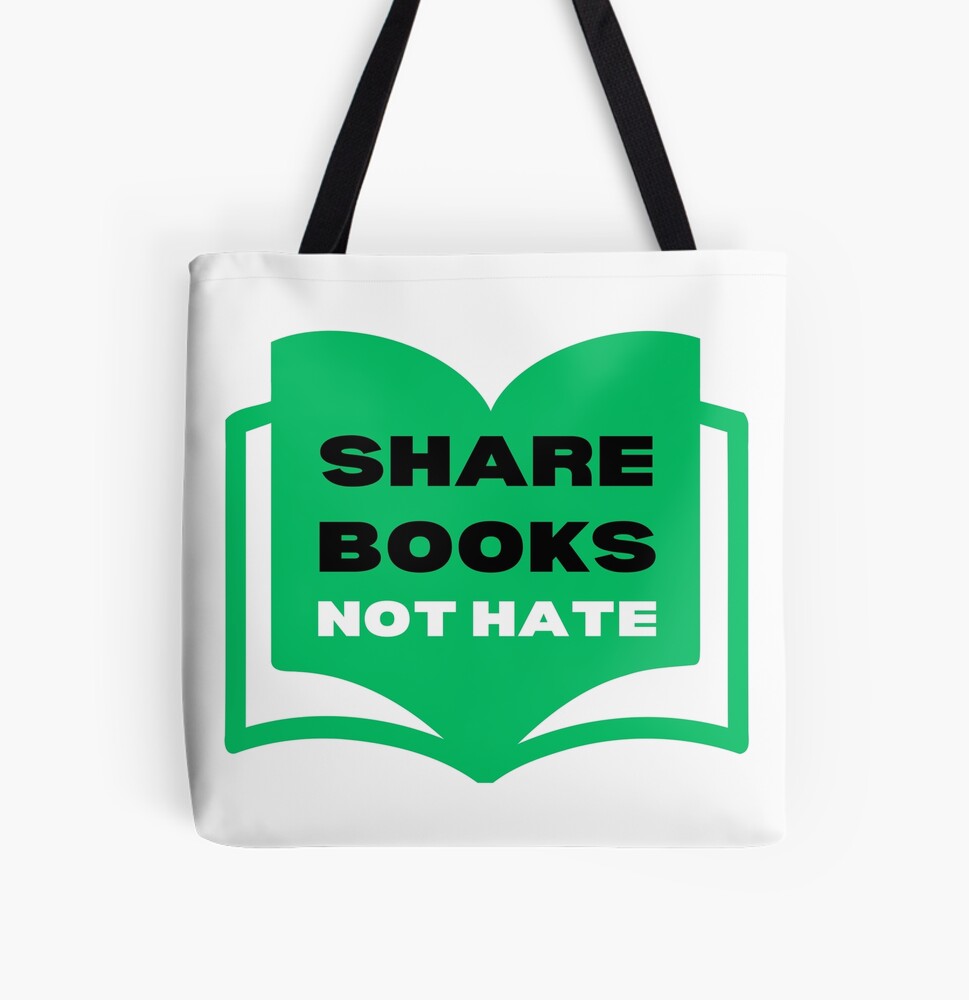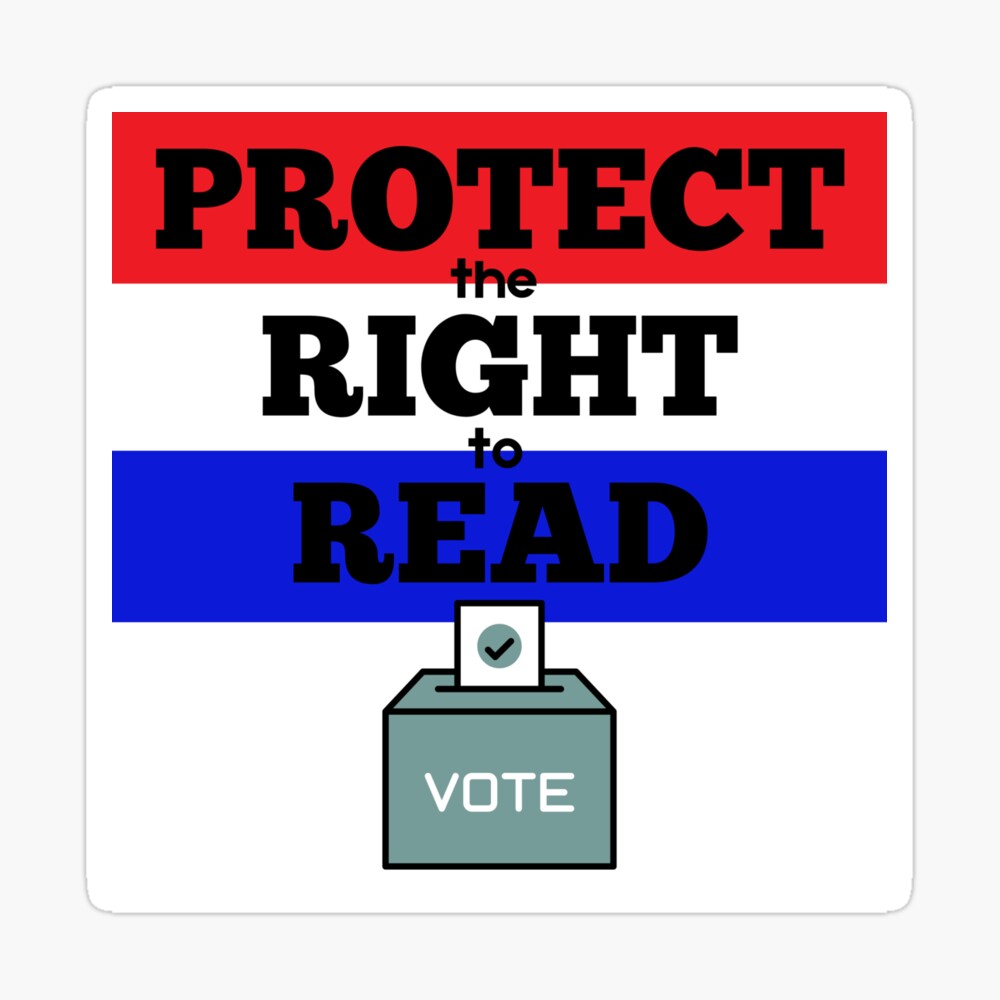A few years ago, when I started getting serious about writing books for children, I got a few ideas for picture books and, in between working on my novel, I wrote one. Picture books are shorter, I figured, and wouldn’t take me as long. WRONG! Of course, I didn’t know that then. I wrote, researched picture book word count, cut, cut and cut. Then tweaked. Then decided I was tired of working on it and submitted to agents. I got 13 very polite “no”s.
And rightly so. Now that I know a lot more about writing, and realize how very difficult it is to write a good picture book, I know that mine isn’t one. A sweet short story, sure, but not a picture book.
But the point I wanted to make was the reason I submitted my work when I did: I was tired of it. I believed in it, but I didn’t know how to make it better, and I thought I’d find an agent and/or editor who would see it’s potential and help me fix it. WRONG!
There have been times when I have been tired of working on my current novel, and they were all early on and usually came after long periods of not working on it. But now, I can truly say that I love my novel. I love the characters, I love the story, I love the quirky action pieces. But most of all, I love the characters.
Now, I don’t write this to say how great my writing is, only to show a difference in my relationship with my work. (I could very well be the only person in the world who will ever love this book :), and we’ll find out soon enough when I start sending it out.) I’ve been through many drafts, re-writes, polishes, and now, I love it. I always liked the story, but now, after working on it for so long, I love it. I’m not saying it’s perfect. I’m sure that if — when, my husband keeps telling me — I sell it to an editor, that person will most likely have insight that I haven’t thought of that will make it better. But for now, I love it.
And I think that’s when a work should be submitted. We have to sell our work in a query letter, a synopsis, and if we don’t truly love it, we can’t truly sell it. If we don’t love our work, if we’re tired of working on it, how can we expect an agent or editor to love it and want to take it on?
And from what I’ve read the last few weeks in my query letter research, that’s how agents and editors decide to take on our projects — they fall in love with them. Case in point, today I read a post on Herman Agency associate agent/author Jill Corcoran’s blog about editors on submissions. Corcoran listed a number of links to editor’s blogs where they discuss how they choose a project, and the common theme is — they fall in love with it.
Here’s what Little Brown editor Alvina Ling said on her blog:
It really IS like falling in love — I can fall in love with something, flaws and all. When I’m reading something that I’m really loving, my heartbeat will speed up. My mind will start racing, thinking about what I need to do to ensure that I get that manuscript. I’ll imagine pitching the book at our editorial meeting, and then at our acquisitions meeting. I’ll think about how I would edit the book, even what the cover would look like. I picture it winning the Newbery, making the NY Times bestseller list. In other words, I’ll imagine us married with children during the middle of our first date.
HarperCollins editor Molly O’Neill actually calls her blog post On Falling in Love (Editorially). She likens her job to being back in junior high. Here’s a quote:
If I’m going to have a crush (read: work on a book) for 2+ years, then I have to want to do more than just scrawl Mrs. Molly Manuscript on all my folders. I want to really BE in love. Real Love. With a project that makes me laugh for years. One that is smart. And deep. And fascinating. One that’s earned my intense loyalty. So, at the moment, I’m looking hard for an S.O.S. (read: Superb Original Story) that makes me fall in love.
And Scholastic editor Cheryl Klein offers up a talk she first gave at the Iowa and Arizona SCBWI Fall Conferences in 2004, called Finding a Publisher and Falling in Love: A Convivial Comparison. She describes the writer/editor relationship as dating and the agent the matchmaker. Here’s a quote from Cheryl:
If a manuscript works for me, it is actually very much like falling in love, where I just want to spend all my time with this book and ignore all my responsibilities and everything else going on in my life because I’m so enthralled by it.
(Incidentally, I highly recommend reading the whole of Klein’s “talk” because it has some really great information in it. Her tip on finding the hooks of the story to put in the jacket flap and/or query letter helped me — I think — figure out the last piece of the puzzle I needed for my query. We’ll see. I’ve sent it out to my email critique group for feedback.)
So, if you’re not really, truly, madly and deeply in love with your work yet, hold off on submitting it. If you’re tired of working on it, put it away for a few months and come back refreshed and with the desire to re-work and polish until it shines like an engagement ring. Then go find the right partner to marry it to.
Write On!






